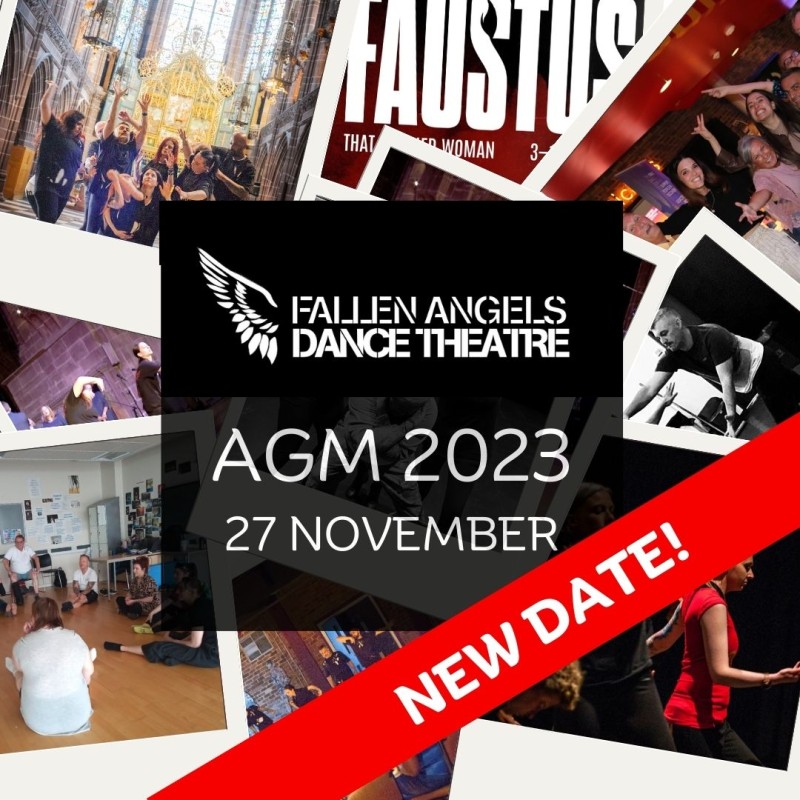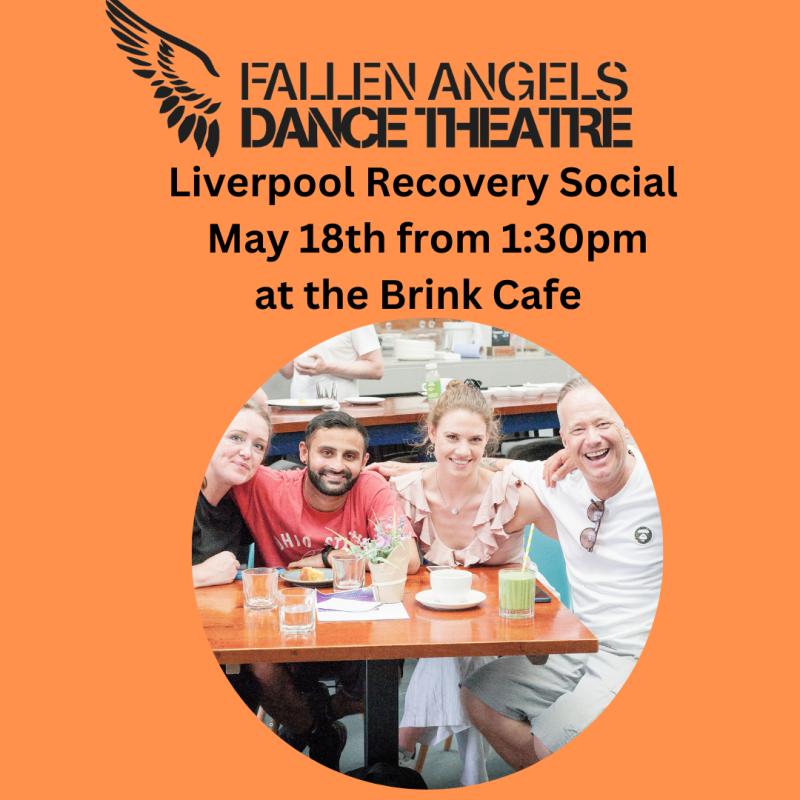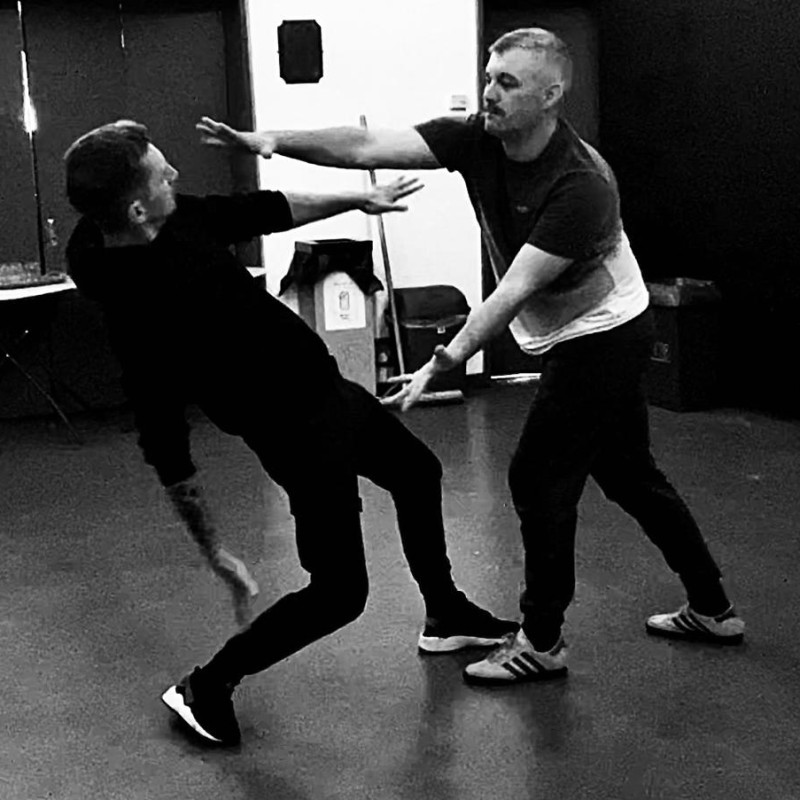Why Progress Matters
Author: admin
Date: December 14th 2022

“To feel trusted not only by Paul but the other Angels in giving them direction was an amazing experience. I felt true pride and a sense of self-worth.” Laura
Personal development and seeing progress are vital to recovery from addiction. Progress is key to developing what is known as Recovery Capital. Here we explore what recovery capital is and why it is important.
As the body and mind recover from patterns of addiction, new behaviours, coping rituals and positive relationships can be established. Fallen Angels’ structured pathway of participatory workshops, creative volunteering projects, artistic training and performances creates a ladder of growth and development for people in recovery. This consistent progression instils a sense of achievement.
Consistent progression is key for growing recovery capital which supports integration into wider social and economic life.
Recovery capital is the social and community resources and strengths an individual draws on to sustain recovery or improve mental health. US Academics Granfield and Cloud developed a Recovery Capital model featuring various dimensions which can support or jeopardise recovery.
These dimensions include
- social capital – networks of friends or social contacts acting as a support network
- community capital – support available in local communities such as participating in meaningful activities, access to therapy or treatment
- personal capital – meeting basic needs including a safe place to live and enough money to live on
Ongoing assessment of strengths and gaps in each dimension helps build a solid foundation in recovery over time. Awareness of barriers and unmet needs helps to mitigate problems.
At Fallen Angels, we assess participants’ recovery capital when they first connect with us then at regular points as part of a detailed evaluation framework. Participants self-assess their recovery capital in different areas including mental health, addiction, physical health, self-advocacy, social network, responsibilities, self-worth, trust and hope, w or volunteering. This enables us to measure and demonstrate the difference we make. We can identify where support may be required and track positive impacts such as maintaining levels of abstinence from sources of addiction, increased levels of physical health and self-confidence. We work with people on their own goals, offering support and development via our engagement support team and peer support volunteers.
Addictions UK says it helps to think of recovery capital as money in the bank. “Every time you learn a new skill, make a new friend, pay off a debt, save a little money or help another in need, you are making deposits to strengthen your recovery.”
Of course, progression is personal. Every experience is different, and participants will join the journey at different times. However, we see consistent progress instils a sense of achievement and helps to sustain or grow recovery capital. In practical terms, this is a positive way forward to new life opportunities, increased confidence and personal resilience.
Learn more about our progression pathways Professional Development – Fallen Angels Dance Theatre (fallenangelsdt.org)









